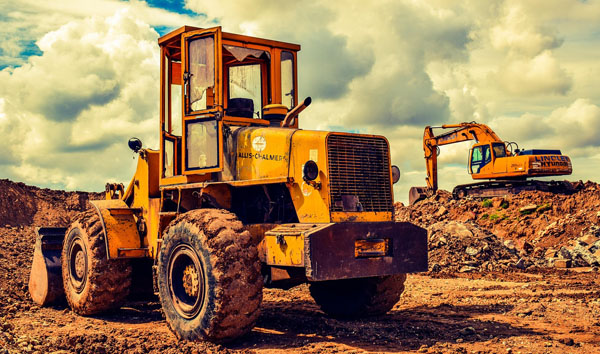The Evolution of Port Rough Terrain Forklifts: Power and Precision in Harsh Environments
2025-07-05 03:30:23
Port Rough Terrain Forklifts are engineered to tackle the most demanding environments, from uneven docks to muddy storage yards. This report explores their advanced features, industry applications, and emerging trends shaping their future.
Port rough terrain forklifts have become indispensable in maritime logistics, offering unmatched durability and lifting capacity in challenging conditions. Unlike standard forklifts, these machines feature reinforced tires, high-torque engines, and enhanced stability systems to navigate rocky, wet, or uneven surfaces. Major ports worldwide rely on them for handling heavy containers, steel coils, and oversized cargo with precision.
One of the key advantages of port rough terrain forklifts is their adaptability. With load capacities ranging from 10,000 to 36,000 pounds, they can efficiently manage diverse cargo types. Advanced models now incorporate telematics for real-time performance tracking, reducing downtime and optimizing fuel efficiency. Industry data shows a 15% increase in adoption rates over the past five years, driven by rising global trade volumes.
Safety remains a top priority in the design of port rough terrain forklifts. Features such as anti-rollover technology, LED lighting for low-visibility operations, and ergonomic operator cabins ensure compliance with stringent port regulations. Manufacturers are also integrating AI-assisted load sensors to prevent overloading, a common cause of accidents in heavy-duty lifting.
Looking ahead, electrification is transforming the port rough terrain forklift market. Lithium-ion battery-powered models are gaining traction due to lower emissions and reduced operational costs. Analysts predict a 25% market share for electric variants by 2028, particularly in eco-conscious ports aiming for carbon neutrality.
In conclusion, port rough terrain forklifts continue to evolve, blending rugged performance with cutting-edge technology. As global trade expands, these machines will play an even greater role in ensuring efficient, safe, and sustainable port operations.













